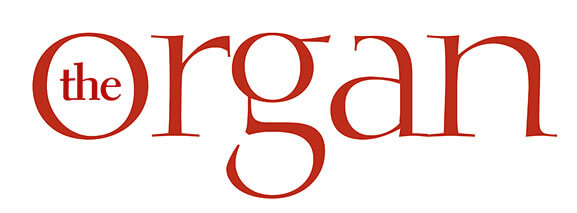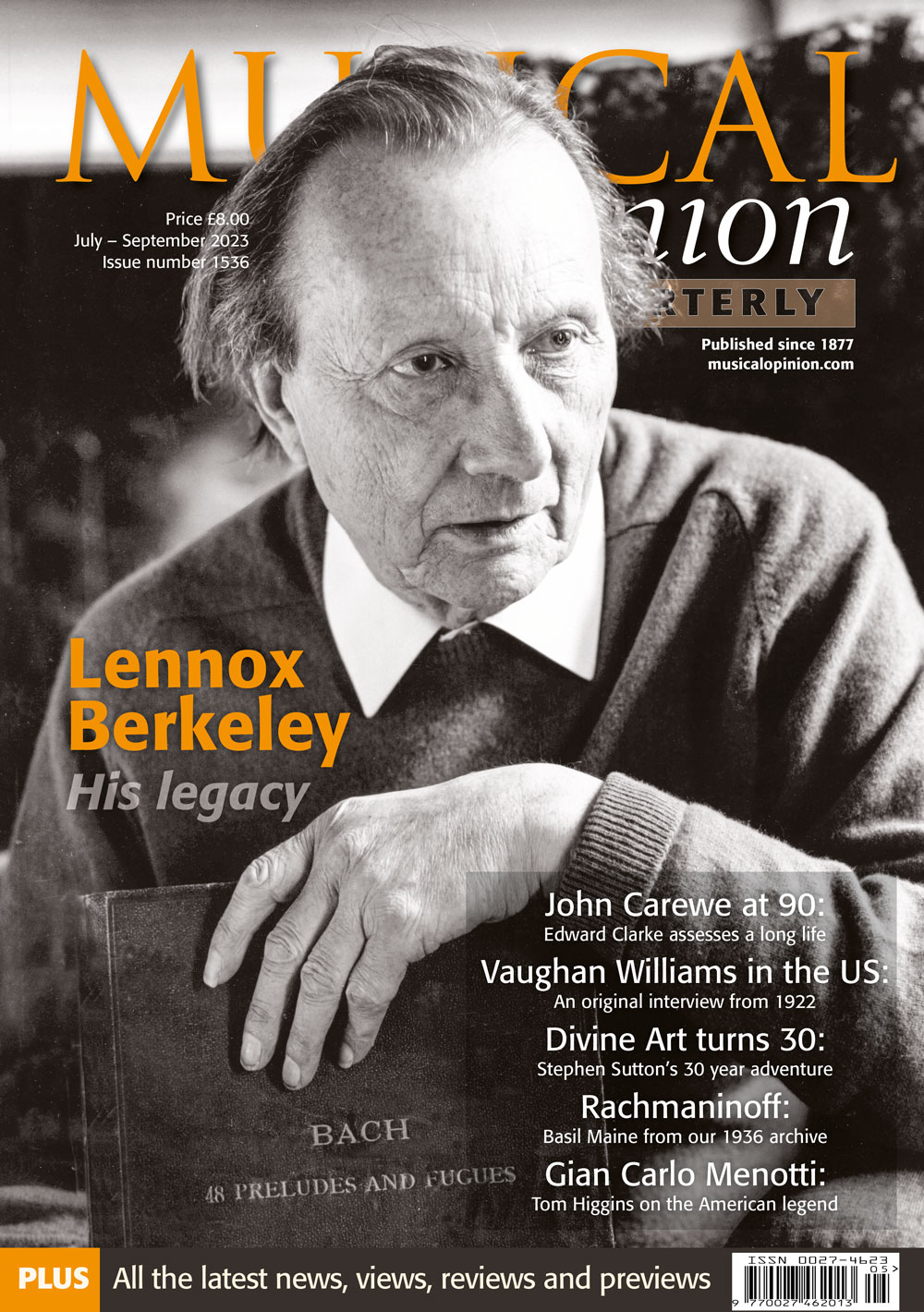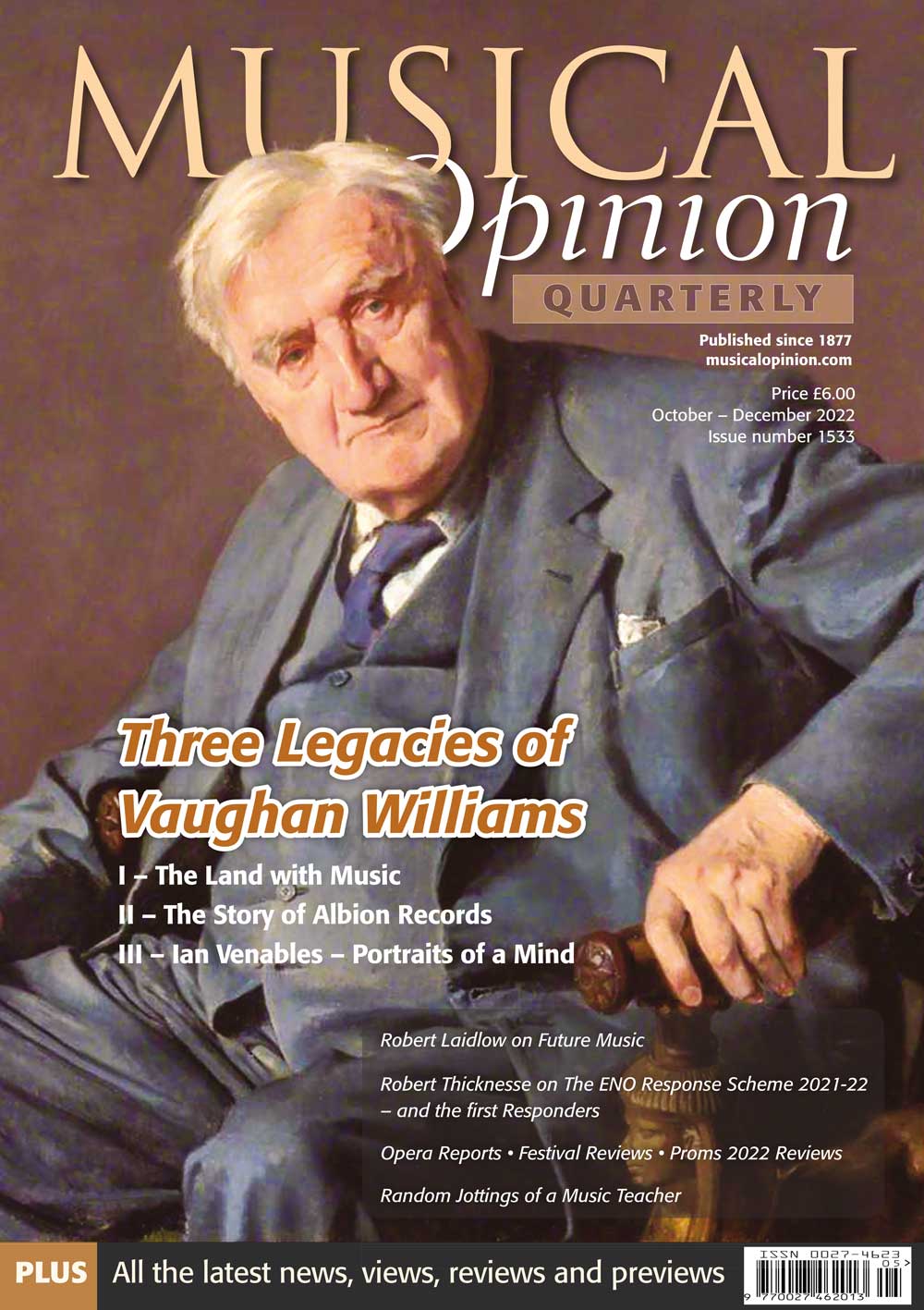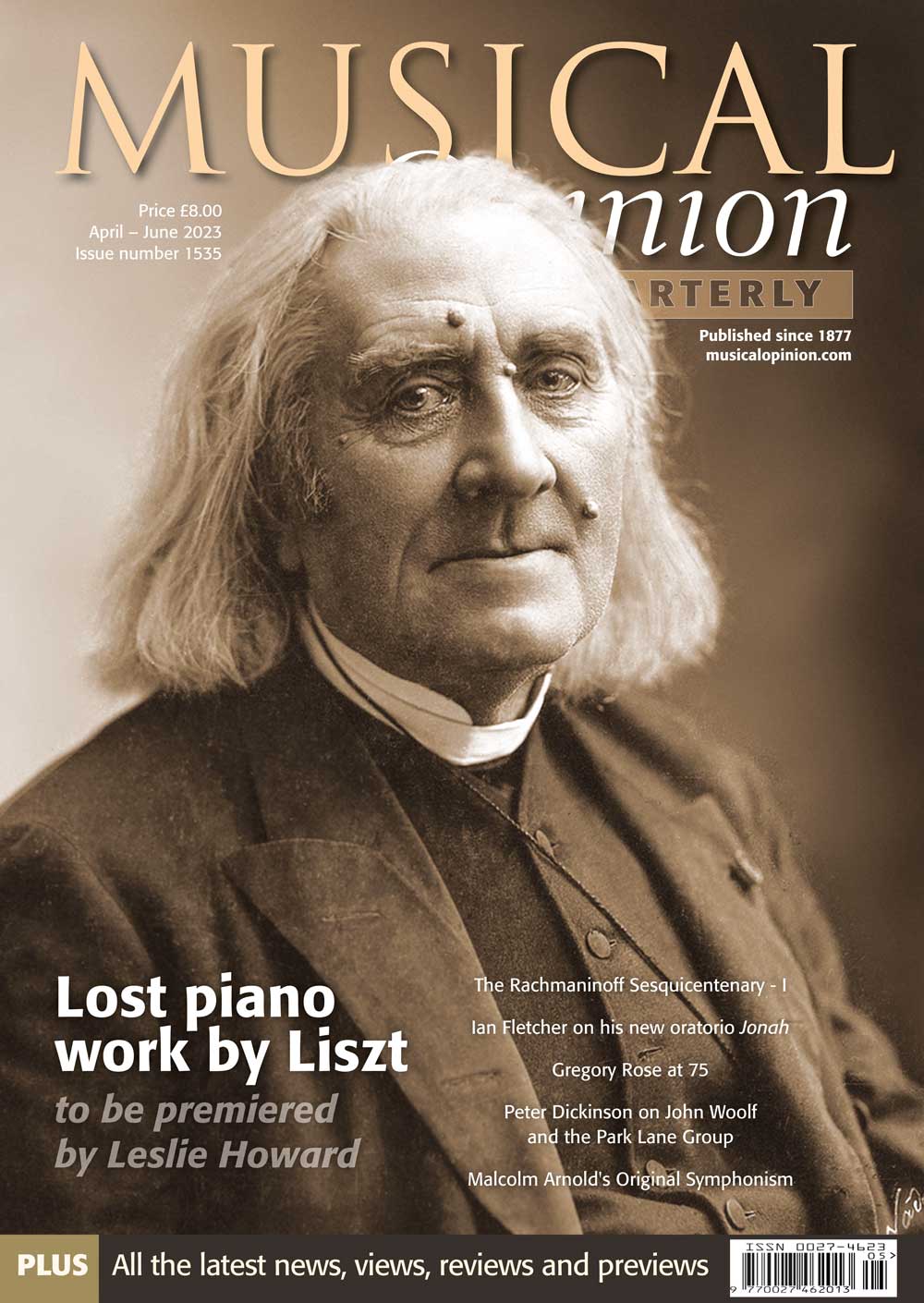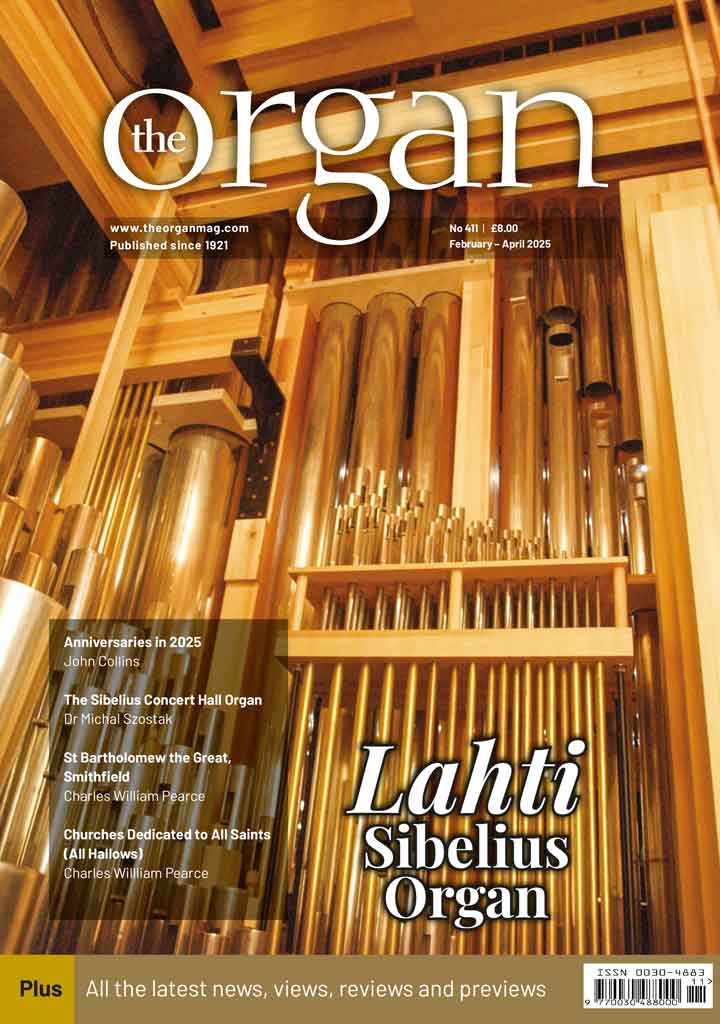

Current Issue
News
Autobiographical Recollections of Charles-Marie Widor
Autobiographical Recollections of Charles-Marie Widor Edited and translated by John R. Near Boydell and Brewer / University of Rochester Press, 2024 ISBN 9781648250866 / 298 pp / £85 (hard copy), £25 (ebook) Reviewed by Robert James Stove Brash to the nth degree will...
L’Orgue Baroque en Aragon
Jusepe Ximénez: Obra de Ileno de Premier Tono; Sacris Solemnis/Garcia Baylo (?), Pedro Pifant? (1473): Vexilla Regis/Andrés de sola: Registro alto de Primer Tono/Melchar Robledo: Domine Iesu Christe/Sebastián Aguillera de Heredia: Tiento grande de Cuarto Tono; La...
Westminster Abbey organ scholar Carolyn Craig appointed Junior Fellow at RBC
American organist and organ scholar of Westminster Abbey, Carolyn Craig has been appointed Junior Fellow at Royal Birmingham Conservatoire, part of Birmingham City University. She will take up the appointment in January 2024. Originally from Knoxville, Tennessee, and...
Registration organ competition IMOCG 2024 is open
The third edition of the Dutch 'International Martini Organ Competition Groningen' (IMOCG) will take place in the summer of 2024, in the week of 28 July to 3 August in the Dutch town of Groningen. This time, the competition will feature three monumental organs. After...
The International Kaija Saariaho Organ Composition Competition
The International Kaija Saariaho Organ Composition Competition, organised to celebrate Helsinki Music Centre Concert Hall’s new Rieger organ that is to be finished in the autumn of 2023, received 98 participating compositions from all over the world. The jury, chaired...
National Schools Singing Programme Expansion
The leading choral education programme in the United Kingdom expands to tackle declining engagement with music at state schools. Recently, the National Schools Singing Programme [NSSP], an ambitious music education initiative covering the majority of the UK’s Catholic...
Northern Ireland International Organ Competition Returns to Armargh: August 21-23, 2023
The 11th Northern Ireland International Organ Competition (NIIOC) will take place in Armagh from 21–23 August 2023, returning to the cathedral city where it was founded for the first time since the pandemic. The competition jury will be chaired by the Canadian...
Woman Composer Repertoire Day – Come and Sing
The Royal School of Church Music (RSCM) and Society of Women Organists (SWO) are hosting a joint Come and Sing event, showcasing new music written by female composers, on Saturday July 15 at St Giles Cripplegate, London EC2Y 8DA. The workshop is led by Katherine...
Applications invited for the UK’s first prep School pipe organ scholarships
Salisbury Cathedral School is proud to announce the launch of a new pipe organ scholarship programme, the first in a UK preparatory school. The new ‘Griffiths Chapel Organ Scholarships’, will support two organ scholars during Upper Prep, school years 7 and 8,...
Jens Korndörfer appointed associate professor of organ at Baylor University from August 2023
Jens Korndörfer leads a busy career as performer, educator, and church musician; he has performed to critical acclaim at prestigious venues and festivals such as Davies Symphony Hall in San Francisco, the Montreal Bach Festival, the Cathedrals in Washington, Berlin,...
New Director of Music appointed at Jesus College
Benjamin Sheen has accepted the post of Director of Music at Jesus College, Cambridge. He will join the College on 1 January 2023, succeeding Richard Pinel, who has been appointed Director of Music at St Mary’s Bourne Street in London. Ben currently holds the post of...
Bach and friends organ series
Details of Bach and Friends: The Orgelbüchlein Completed series presented by the Royal College of Organists and sponsored by Professor Christopher Wood. This will comprise the following ten events: Saturday 24 September 2022 Temple Church, 10am - ‘Laws and Canons’...
Cathedral organists rejoice in newly installed Woodstock practice organ
A two manual Vincent Woodstock practice instrument has been installed in the Song School at Peterborough Cathedral. The organ was constructed in 2011 and became available when its owner, Simon Johnson, moved from his role as Organist at St Paul’s Cathedral to become...
A new starter instrument for the United Kingdom: The Keyboard Studies Programme Melodica
It is no secret that music education in the UK has suffered as a result of cuts in budgets, and the pandemic has only further reduced opportunities for British children to engage with music. It is vital that music education survives in schools, if not for the...
Visually Impaired Teenager Wins Prestigious Musical Scholarship
Sixteen year old Ivan Deb has won the first Aprahamian Scholarship for young organists which includes a brand new two-manuals-and-pedals home organ, on which he can practise. The Arabesque Trust, which set up the scholarship to help visually impaired young organists,...
Explore By Topic
In Memoriam Peter Dickinson
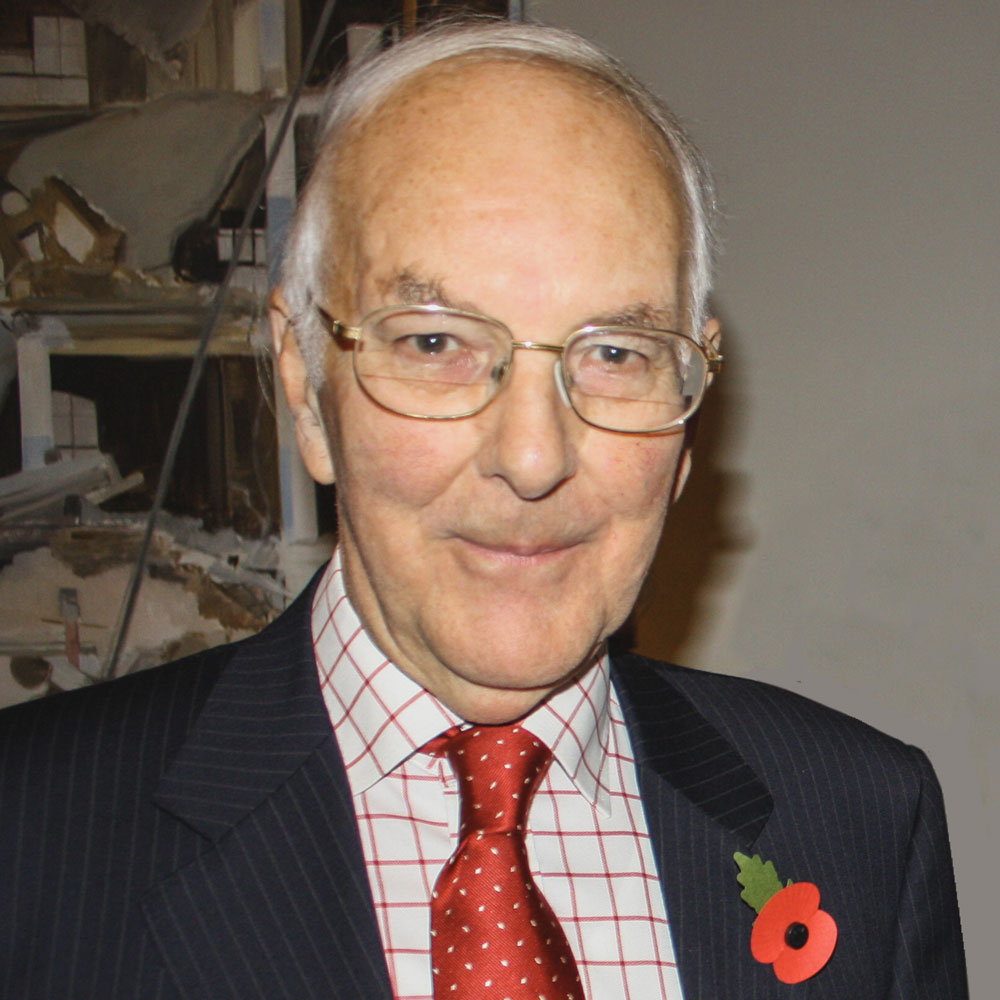
Peter Dickinson died at the age of 88 on June 16, led a distinguished multifaceted career of over six decades as performer, academic, author and editor. His prolific writings and his compositional oeuvre in many genres radically espouse the postmodern aesthetic at the interface between serious and popular music styles, and he pioneered American music studies in British universities.
He studied at Queen’s College Cambridge, where he was organ scholar and student of Philip Radcliffe, receiving advice from Lennox Berkeley. A Rotary scholarship enabled him to pursue his studies at the Juilliard School with Bernard Wagenaar. Whilst in New York he was pianist with the New York City Ballet, reviewed concerts and encountered luminaries such as Cage, Cowell and Varese, gaining first-hand experience of the American avant-garde. The love of American creativity infused his later work in Britain, where he forged a new sub-discipline of American music studies at both undergraduate and postgraduate levels. After a period teaching at the College of St Mark and St John in Chelsea (1962), and a lectureship at Birmingham university (1966-70) he was appointed first professor of music at Keele university where he founded its Centre for American Music, receiving an hon. DMus in 1999. Following a period as Chair at Goldsmiths College (1991-7), he was appointed Fellow and head of music at the Institute of United States Studies (1997–2004), London University, setting up an MA in American Music and presenting lecture and concert series. A board member of several societies and charities, he was chair of the Rainbow Dickinson Trust for music education, editing several volumes of the educational theories of Bernarr Rainbow. His contribution as a writer on modern British, European and American music, includes ground-breaking volumes on key figures in Twentieth century new music and experimentalism, Samuel Barber, Aaron Copland, John Cage, Lord Berners, and the first ever monographs on Lennox Berkeley and Billy Mayerl.
Dickinson’s scholarship is reflected in his overarching tendencies as a composer. His oeuvre covers an eclectic mixture, ranging across atonal pointillist Modernism, and popular styles such as neo-baroque jazz, ragtime and blues. He developed a technique he termed ‘style modulation’, about which he published essays, connecting him with the modern and post-modern composers who, like Ives, Berio or Schnittke, have drawn creatively on past traditions creating collage-like tapestries. It is especially telling in Dickinson’s Mass of the Apocalypse, composed for the 300th anniversary of St James’s Piccadilly, premièred there in 1984, a modern masterwork challenging conventional boundaries. Part Mass and part Music Theatre, its five movements alternate choral mass texts with narrated extracts from the Book of Revelation set to contrasting idioms, dramatic choral ‘muttering’ at the start, a rhythmic ‘rock’ beat in the ‘Sanctus’ and ‘Benedictus’, atmospheric hushed soundscapes in the ‘Agnus Dei’ and a joyous Bernsteinesque ‘Gloria’, the surprising conclusion a dark, mystical meditation. Many works were composed for specific performers; Translations, for recorder gamba and harpsichord, for instance, was conceived in 1971 for David Munrow, Oliver Brooks and Christopher Hogwood, pioneers of the early music movement. Some works overtly evoke an American idiom, of Ives and Barber, as in his American Trio (1985), commissioned for the Verdehr Trio and the unfinished opera The Unicorns (1967) to a libretto by John Heath-Stubbs. His output covered one opera, Judas Tree (1965), concertos for organ (1971), piano (1984) and violin (1986), much choral, vocal, chamber and keyboard music. It is heartening to know that he lived to see many of his works released on CD bringing works from the early 50s to the most recent years across many genres, performed by leading artists, for instance the organist Jennifer Tate. As an accomplished pianist he appeared on several of these CDs of his works, including the most recent, made in 2021 during the pandemic crisis, entitled ‘Lockdown Blues’. He partnered major soloists, notably the violinist Ralph Holmes and oboist Sarah Francis, as well as his sister, the singer Meriel Dickinson with whom he toured over several decades, writing songs and cycles for her.
Both Dickinson’s music and writings represent individual, thoughtful and sometimes radical responses to the influences and currents around him. From his earliest period, in New York and later in Europe, he would encounter and write about luminaries like Bernstein and Stravinsky, Virgil Thompson, Nadia Boulanger, as well as WH Auden and Philip Larkin, whose poetry he set. He often wrote occasional works, like the Waltz for Schwartz (2016) conceived as an 80th birthday tribute for the American composer Elliot Schwartz.
His own 80th birthday concert in November 2014, held privately in central London, was an aptly festive occasion which I was fortunate to attend, having known him and reviewed his music over many years. Peter’s sparkling songs and piano music performed by young talented PLG musicians, intertwined with works Dickinson has performed, recorded or written about – Copland, Berkeley and Satie, in the presence of the composer and his family, his sister Meriel, friends and colleagues, including notable performers, composers and critics. Responding to the special cake brought in by the late John Woolf, PLG Director, Peter sat at the piano and proceeded to regale the entire assembly with delightful encores of his own versions of Duke Ellington standards, spiced by his own harmonic embellishments. It is in this happy mood of spontaneous music-making that I would like to recall him, radiating joie de vivre with warmth and wit, radiating his unique personality, ever supportive of and interested in others, always ready to share a pearl of wisdom or witty anecdote.
Like his personality, his writing was notable for its clarity, elegance and cultural breadth. In myriad reviews, articles and chapters he confronted and navigated the swirling cross currents of the music of the 20th and 21st centuries. An anthology of his collected writings, aptly titled Words and Music, published in 2016 shortly after his 80th birthday, bears an impressive introduction by British music expert Stephen Banfield, who eloquently celebrates Dickinson’s achievements as a composer, his eclectic output constituting a rich legacy for future generations. Dickinson’s remarkable contribution as both creative force and cultural commentator enriches our own and future generations. Our thoughts are with his wife Bridget and their entire family. He will be sorely missed by friends, colleagues, students and public alike.
Peter Dickinson’s writings include the first book on Sir Lennox Berkeley (Thames 1989, much enlarged 2nd ed. Boydell 2003); a study of the popular pianist-composer Billy Mayerl (OUP 1999); Copland Connotations: Studies and Interviews (Ed. Boydell 2002); CageTalk: Dialogues with and about John Cage (University of Rochester Press 2006/enlarged paperback 2014); Lord Berners: Composer – Writer – Painter (Boydell 2008, paperback followed) and Lennox Berkeley and Friends: Writings, Letters and Interviews (Boydell, 2012). Peter Dickinson: Words and Music (Boydell 2016).
